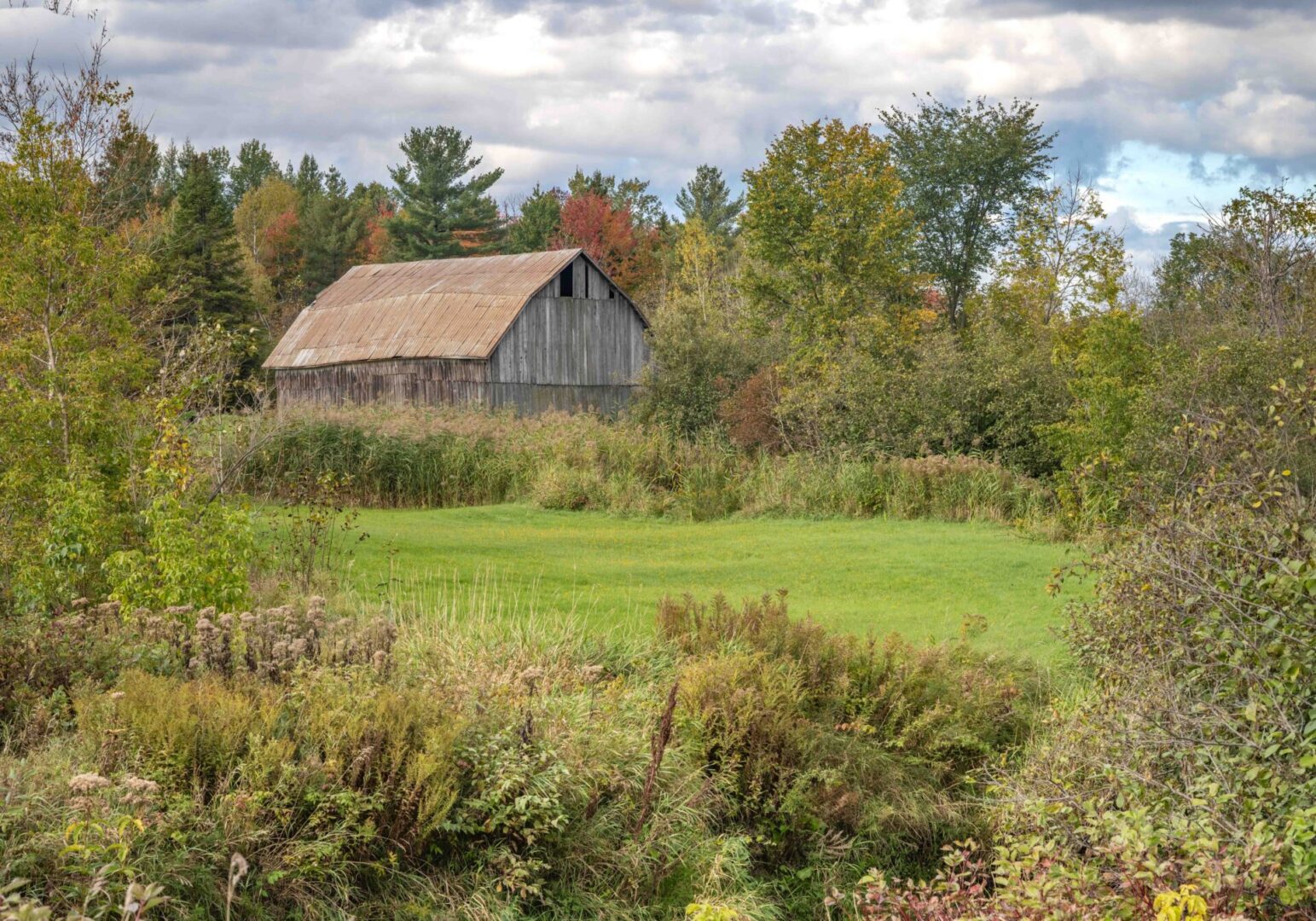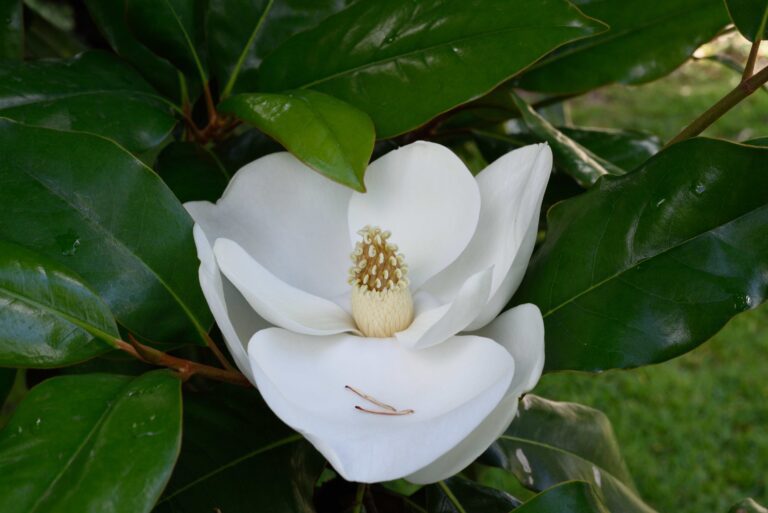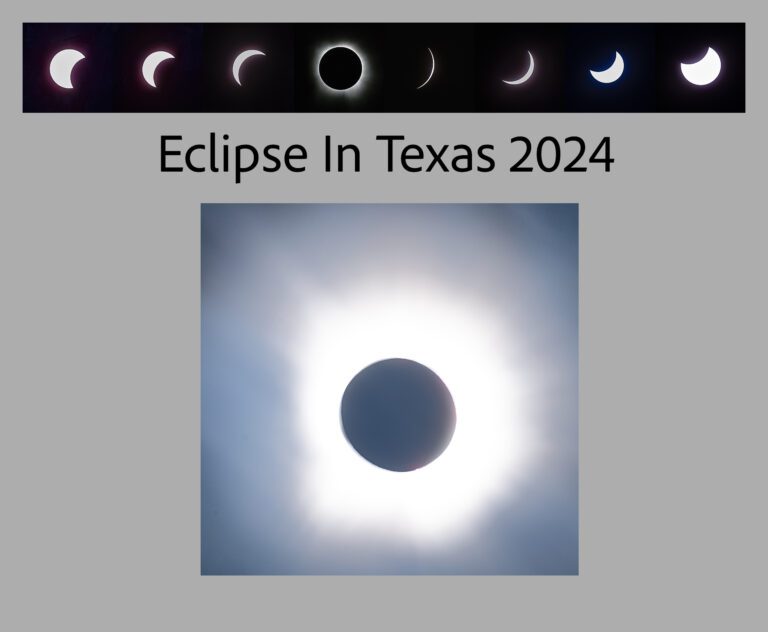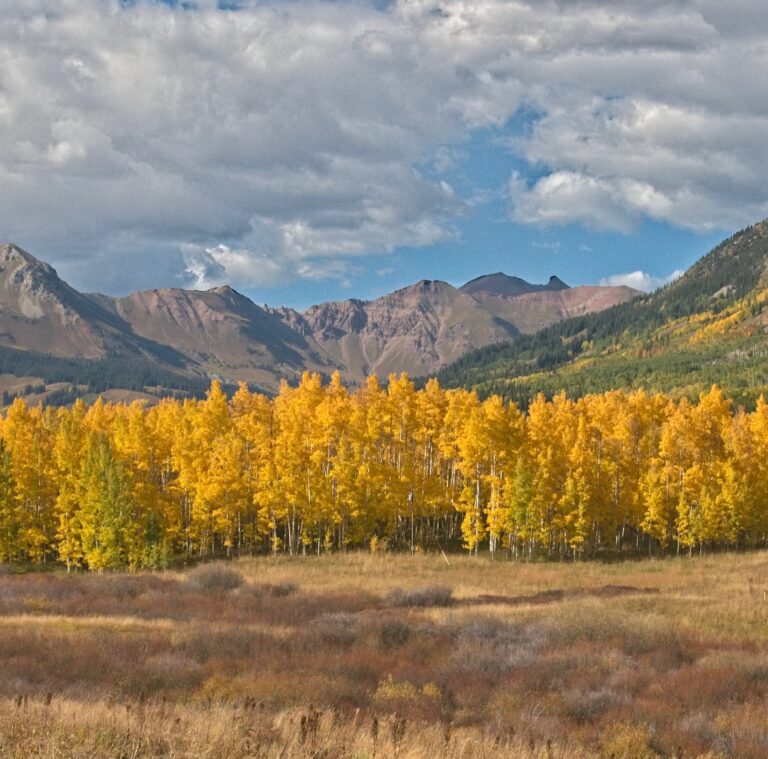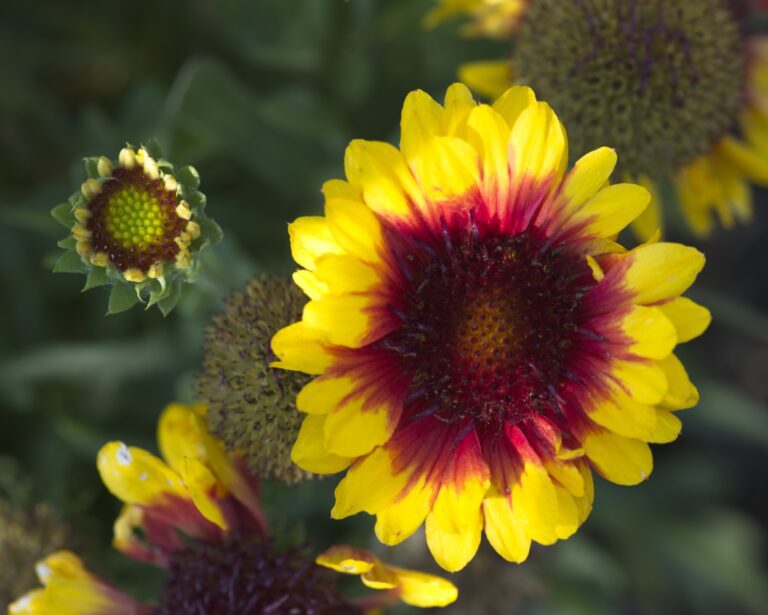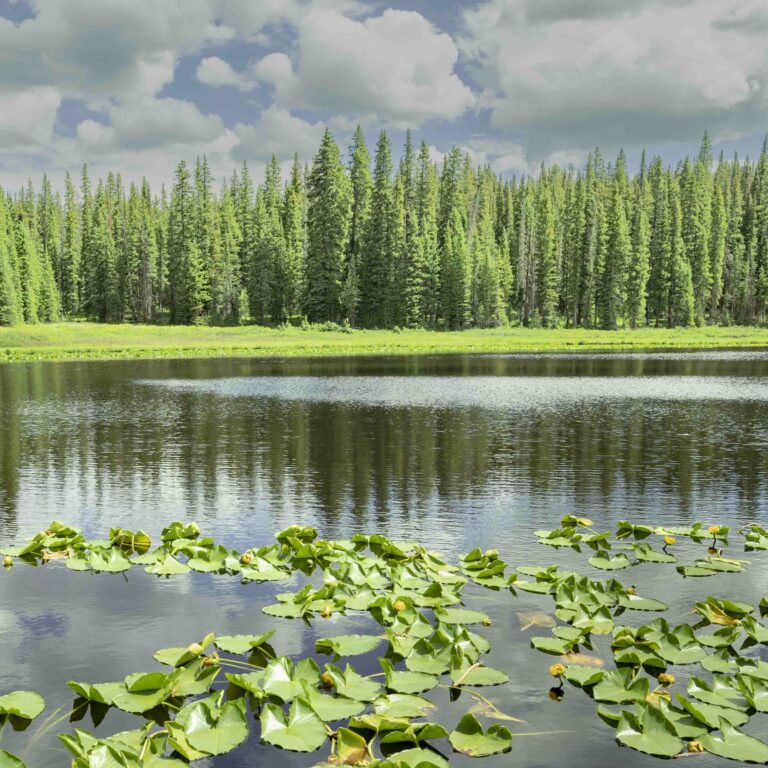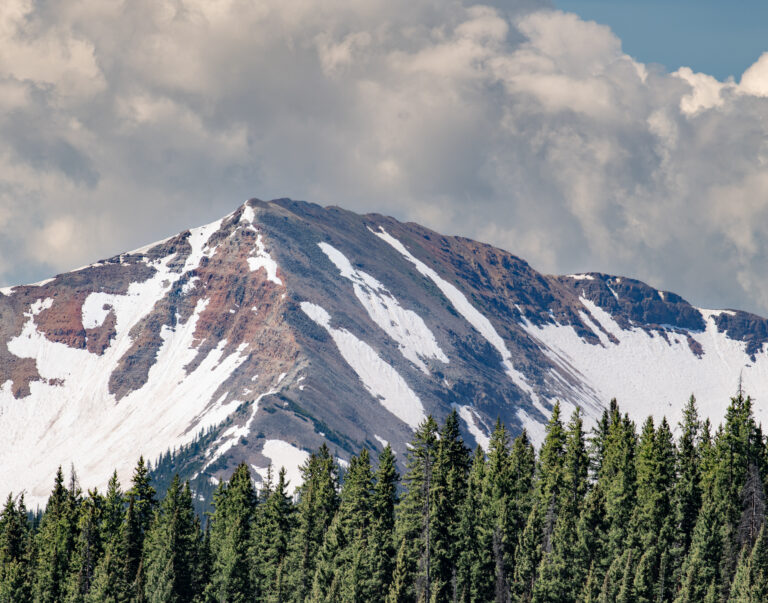Barns In The Landscape
The early America economy was agrarian and the barn was a central part of this world. Every new settler needed one. Then, “barn raising” was a community event. Neighbor would help neighbor building each other’s barns. These barnes could serve multiple purposes but most often were used to store harvested crops. Over the years, farm practices have changed and barns became less important. Many farmers just gave up the wood barns costly maintenance. Over the years, the number of wooden barns has diminished greatly. This issue is devoted to the few barns that remain part of the landscape. The cover photo features a barn found near St Janvier-De-Joly, Quebec.
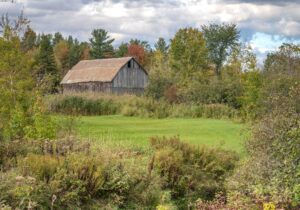
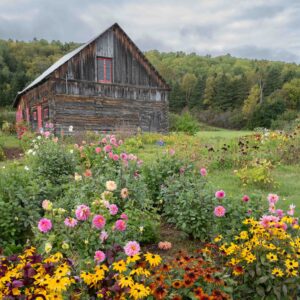
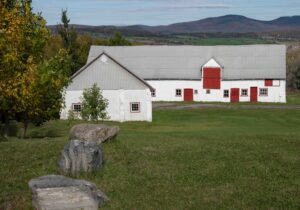
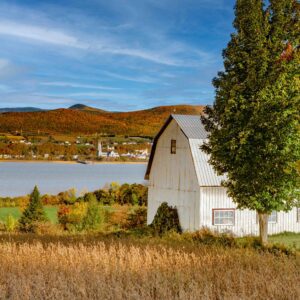
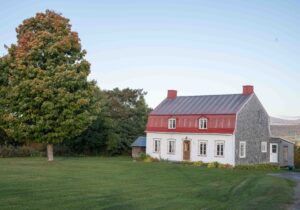
These images were taken on Isle of Orleans. This island is adjacent to the city of Quebec and hosts beautiful rolling farmlands. The area was first settled by French immigrants in the 17th century. The region’s quaint country charm (barns included) still remains today.
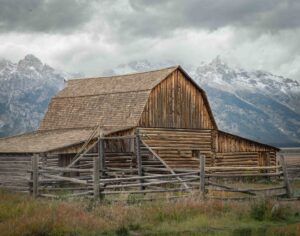
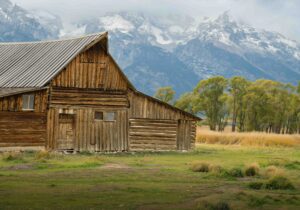
The valley near Grand Teton was settled by Mormon families in 1908. The area is now commonly known as Mormons’ Row. Several of the historical barns still stand. The barns shown above were owned by brothers, John and Thomas Moulton.
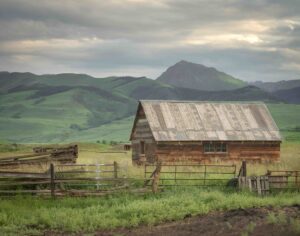
Western Colorado is widely know for cattle ranching. In the Rockies, farmers used their barns to store cattle feed during the cold winter months. The barn shown above is located in the East River Valley near Crested Butte, Colorado.
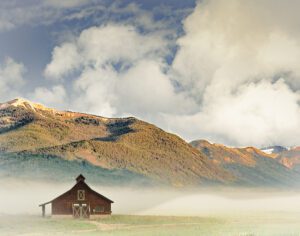
A bit off topic but related to farm life is the iconic windmill. They were once a regular site on the country landscape. Today we seldom see them at all. They were used where water from streams or rivers were not accessible. The windmill and the attached water wells provided water to a tank or trough for grazing animals.
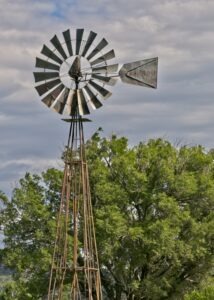
The New England states still have a number of old barns scattered across the landscape. These images were taken at various times during the colorful fall season.
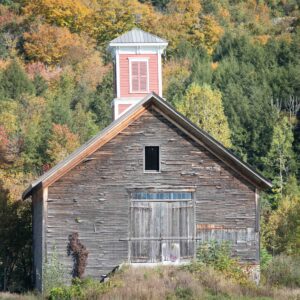
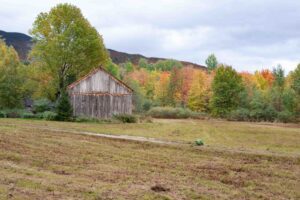
A rusted tin roof is common feature on these old farm structures. When I captured the image in Victoria, Texas 30 years ago it was already overgrown and abandoned.
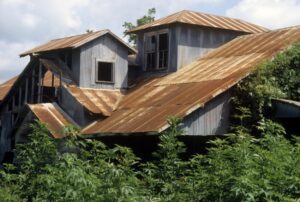
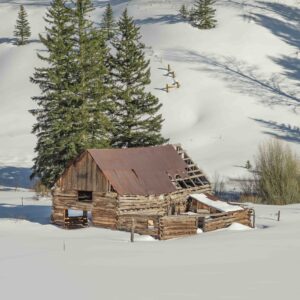
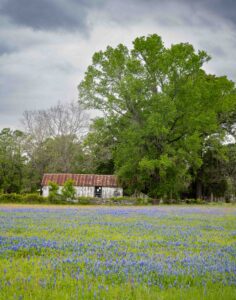
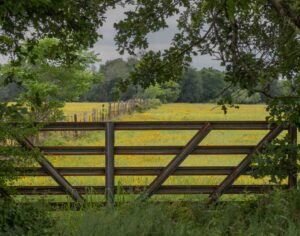
In landscape photography, the inclusion of a barn, fence or hay bails can add visual interest to a scene. The images above were taken during spring when wildflowers also blanket the landscape.
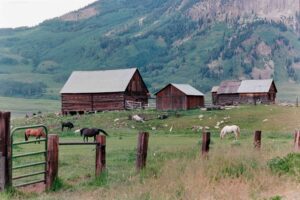
Our last photo was taken forty years ago when the city of Crested Butte, Colorado was less developed and active farming was conducted at the edge of downtown. Currently the barn remains but the pasture has succumbed to city development. Today we are left to just imagine a world when this barn was part of a more vibrant farm community. All these barns remind us of the hard work and struggles of early agrarian farm life.

